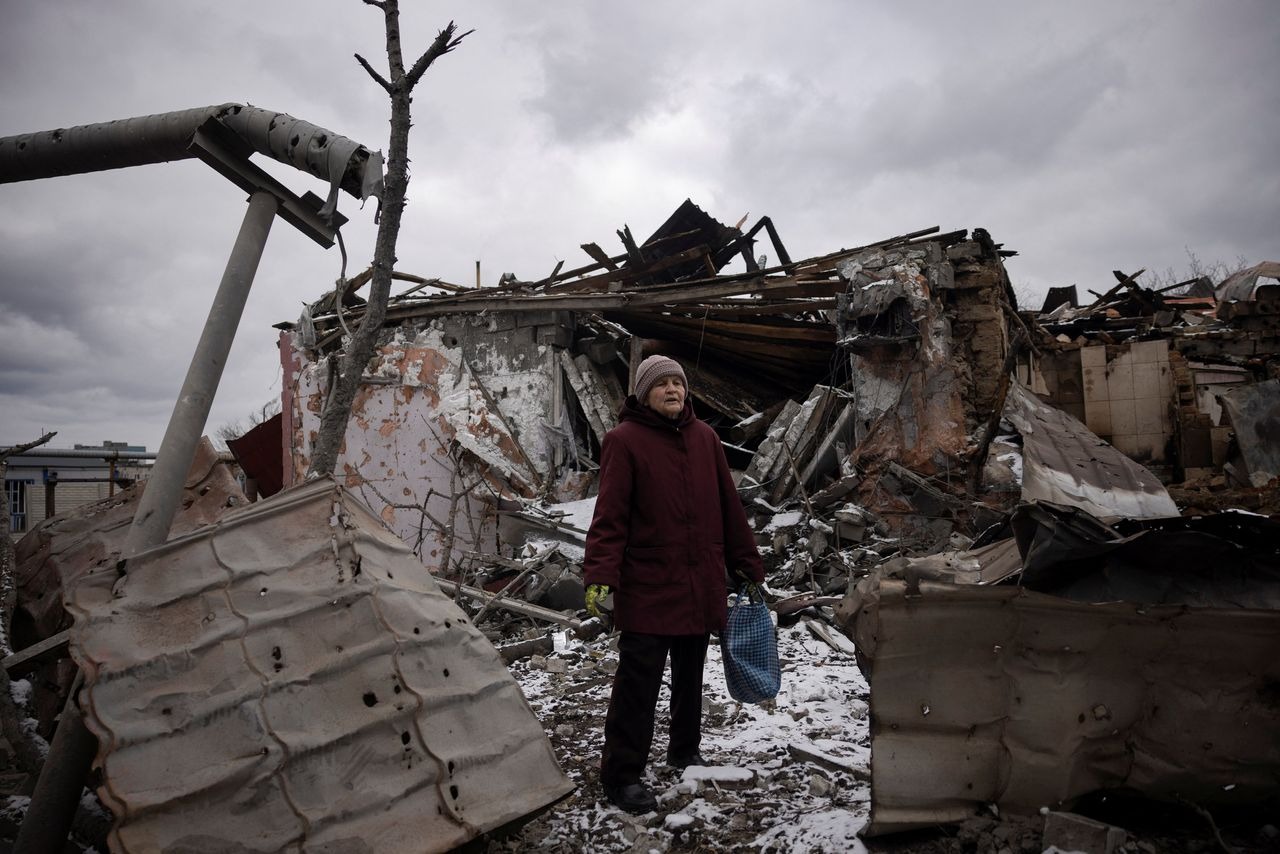Last month saw Ukraine reluctantly cede control of Avdiivka, a city in eastern Donetsk that Ukrainian forces had fiercely defended against repeated Russian assaults. Despite their resilience, the Ukrainian garrison was eventually compelled to surrender due to dwindling munitions and overwhelming Russian artillery fire, which far outpaced Ukrainian defenses.
As Ukraine faces increased vulnerability to air attacks, the U.S. House of Representatives must approve much-needed aid for Ukraine this weekend. With the conflict in Ukraine entering its third year, the stakes are higher than ever. Ukraine and Russia have pathways to potential victory, making the outcome of this phase critical.
Russian President Vladimir Putin’s recent accumulation of strategic reserves signals a readiness for a spring offensive, buoyed by what he perceives as a favorable political climate following his controversial re-election.

However, continued Western support in the form of artillery shells and air defense missiles is essential for Ukraine to effectively counter Russian advances and alter the course of the war.
The conflict in Ukraine has taken a devastating toll, with casualties mounting and both parties entrenched in bitter trench and urban warfare. Despite initial innovation advantages, Ukraine now faces stiff resistance from Russian forces, necessitating ongoing support to maintain its military capabilities.
To address this, priority should be given to providing Ukraine with increased air defense missiles and artillery shells. These resources are crucial for defending against relentless Russian airstrikes, which have inflicted heavy damage on Ukrainian positions, as witnessed in the loss of Avdiivka.
The provision of long-range weapons would enable Ukraine to target key Russian assets behind enemy lines, as demonstrated in previous successful strikes on Russian depots and supply lines.
In addition to military hardware, Ukraine will require tanks and mechanized vehicles to sustain a series of more minor offensives aimed at gradually regaining territory. While Russia has bolstered its military capabilities, its capacity to maintain its current efforts may reach its limits, with challenges ranging from supply chain bottlenecks to manpower shortages.

The upcoming House vote on a comprehensive aid package for Ukraine, totaling around $60 billion, presents a crucial opportunity to bolster Ukraine’s defense capabilities. This support is vital for Ukraine’s security and serves the free world’s interests in countering Russian aggression.
Ukraine’s fate hangs in the balance, with the courage and resilience of its fighters matched by the unwavering support of its allies. By providing the necessary assistance, the U.S. can help Ukraine resist Russian aggression and secure a future in which its independence is safeguarded.


